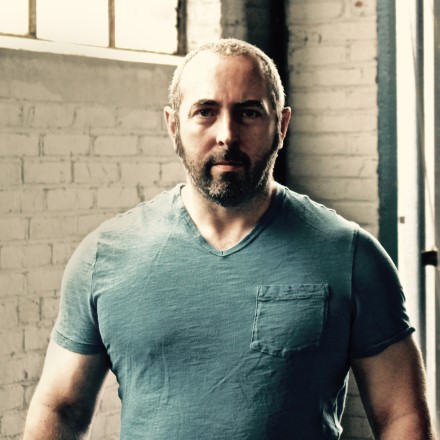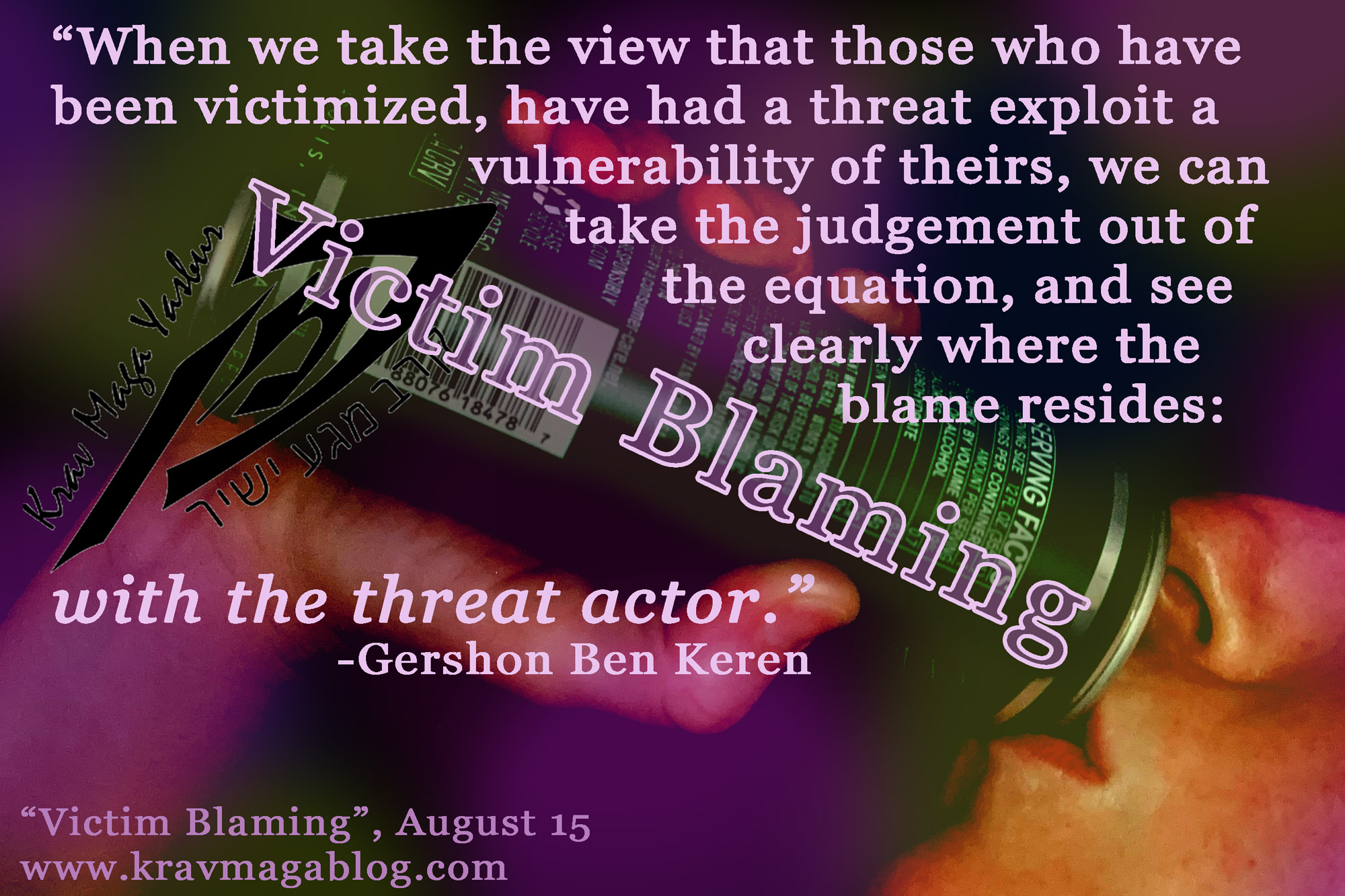Fortunately, society and law-enforcement have come a long way from the days, when the first question that was asked of those who had been raped/sexually assaulted was, “what were you wearing?” However, there is still a long way to go in changing attitudes around victim blaming, and that includes implicit blaming, that is contained in statements such as, “that would never happen to me,” in response to hearing about someone who was sexually assaulted. In this article I want to look at some of the reasons and theories as to why we sometimes find ourselves holding people somewhat responsible and/or to blame when they have become a victim of crime, whether that’s a sexual assault, or a property crime such as a burglary, or car theft etc. I also want to conclude by suggesting that using a risk-perspective, we can take a more clinical and less-judgmental appraisal of those who are victimized.
The psychologist Melvin J. Lerner puts forward a “Just World” theory to explain why some people tend to blame victims for the crimes that are committed against them or make them in some way responsible for them. The “Just World” theory suggests that many people see outcomes, good or bad, as directly related to a person’s actions e.g., if you go on a diet, start exercising, and as a result lose some weight and start getting fit, you deserve those outcomes as they directly relate to the effort you put in to achieve them. Working off of the same “logic”, if you go out and get drunk, accept a ride home from someone you’ve just met, and get raped, then just as you deserved the positive outcome(s) that came from dieting and exercising, you deserved to be sexually assaulted i.e., the outcomes are a result of your poor decisions. In a “Just World”, outcomes are a result of either good or bad decision-making, and the only person who is responsible for those decisions is you. It is worth noting why this logic is “false”. When we cross paths with a motivated offender, we are dealing with an external threat/factor that we are not in control of, when we decide to get fit, lose weight, improve our education, get a better job etc., these decisions are largely internal ones that we have control over. We can never be responsible for, or to blame for someone else’s harmful intent towards us, in the same way that we can be responsible for our own health etc. The logic of the “Just World”, only stands up when we employ very rigid thinking processes, which judge every decision and outcome to be equal.
Another theory that looks to explain why we may be sometimes sympathetic to a victim, and other times not, is “Defensive Attribution”, a type of attribution error. We make attribution errors when we blame our mistakes on external factors, and other people’s errors and shortcomings on internal factors e.g., when we cut in on a line, it’s because it wasn’t clear that a queue had formed (external), when other people do so it’s because they’re rude and entitled (internal). An example of “Defensive Attribution”, would be where a middle aged, employed, and middle class, man heard about someone like them – their age, social position, and class – who had been robbed, and because that person was similar to them in many ways felt a degree of sympathy for the victim. However, they may then hear of a younger, unemployed man who lives in a socially deprived area having had the same offense committed against them and feel very little sympathy, even going so far as to suggest that this type of behavior is part of the society and culture they belong to, and even if it’s something that shouldn’t happen, it’s something they should expect etc. This younger individual is part of an out-group, and not a member of their in-group. Perhaps one of the most dangerous aspects of such an attitude is that it suggests that some people because of their socio-economic background don’t experience trauma in the same way as everyone else. There may also be an inherent/underlying viewpoint that certain people aren’t even “entitled” to feel and experience trauma after being subjected to a violent event. The media – who sells its services to the middle classes – often goes at length to highlight the level of fear, unjustness, and sense of violation that a middle-class homeowner experienced during a home invasion, whilst not reporting on those that happen in more deprived areas and/or showing much interest in the effects that the offense had upon the residents of that home.
Although both theories – “Just World” and “Defensive Attribution” - may seem to want to paint people in a negative way, I don’t think that is either’s goal/point, or that they actually do. As human beings we have certain inherent behaviors and leanings. If we are successful, we are likely to attribute that to our own decisions and efforts, with any failings or shortcomings we experience being down to external factors – this is one of our coping mechanisms that allows us to keep believing in ourselves when things keep going wrong. It’s part of who we are. Both theories just recognize that we have these ways of thinking. Personally, I want to believe that there are things we can do, steps and actions, we can take to improve our safety, and I don’t think it’s necessary to make the argument that those who didn’t take these actions were in some way responsible or to blame for being victimized. From a risk perspective there are assets, threats, and vulnerabilities. Threat actors are those individuals (sometimes groups/organizations) that take advantage of our – the assets – vulnerabilities. If I have too much to drink and am mugged on my way home from a night out, I am not to blame; a threat actor exploited a vulnerability of mine e.g., I wasn’t as aware as I would have been, had I been sober etc. When we take the view that those who have been victimized, have had a threat exploit a vulnerability of theirs, we can take the judgement out of the equation, and see clearly where the blame resides: with the threat actor.
Share:

Gershon Ben Keren
2.8K FollowersGershon Ben Keren, is a criminologist, security consultant and Krav Maga Instructor (5th Degree Black Belt) who completed his instructor training in Israel. He has written three books on Krav Maga and was a 2010 inductee into the Museum of Israeli Martial Arts.
Click here to learn more.

